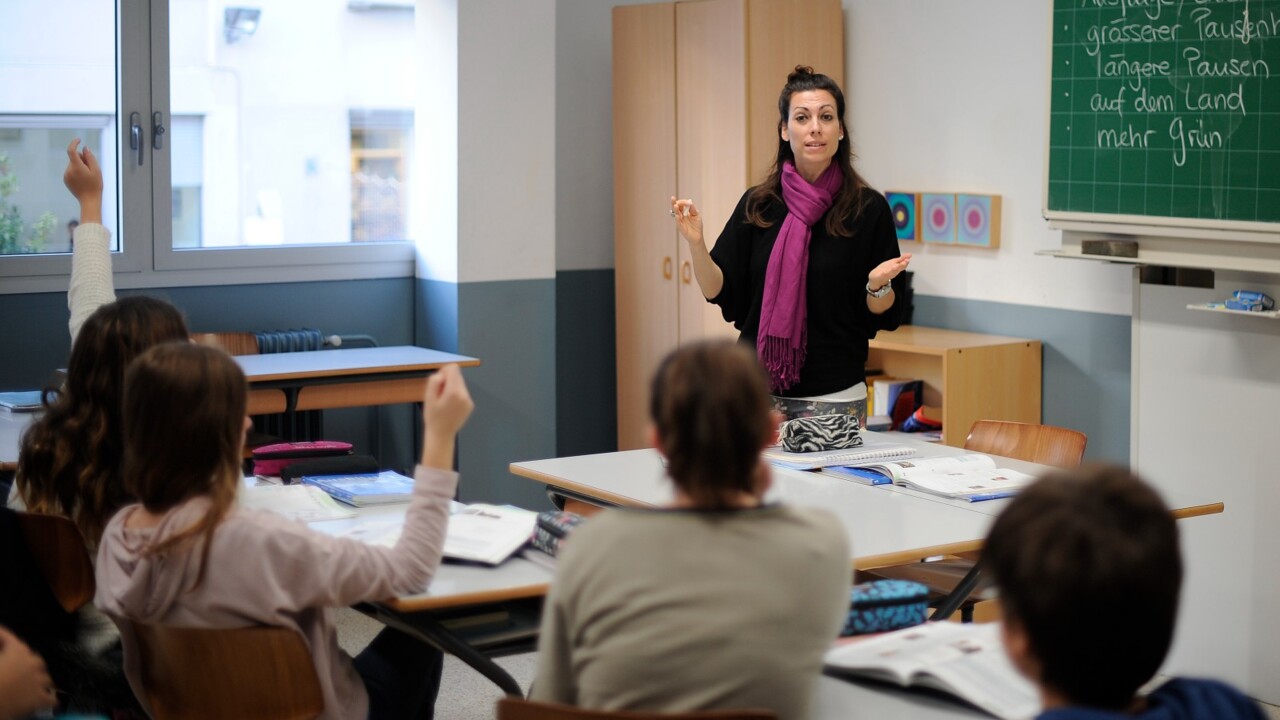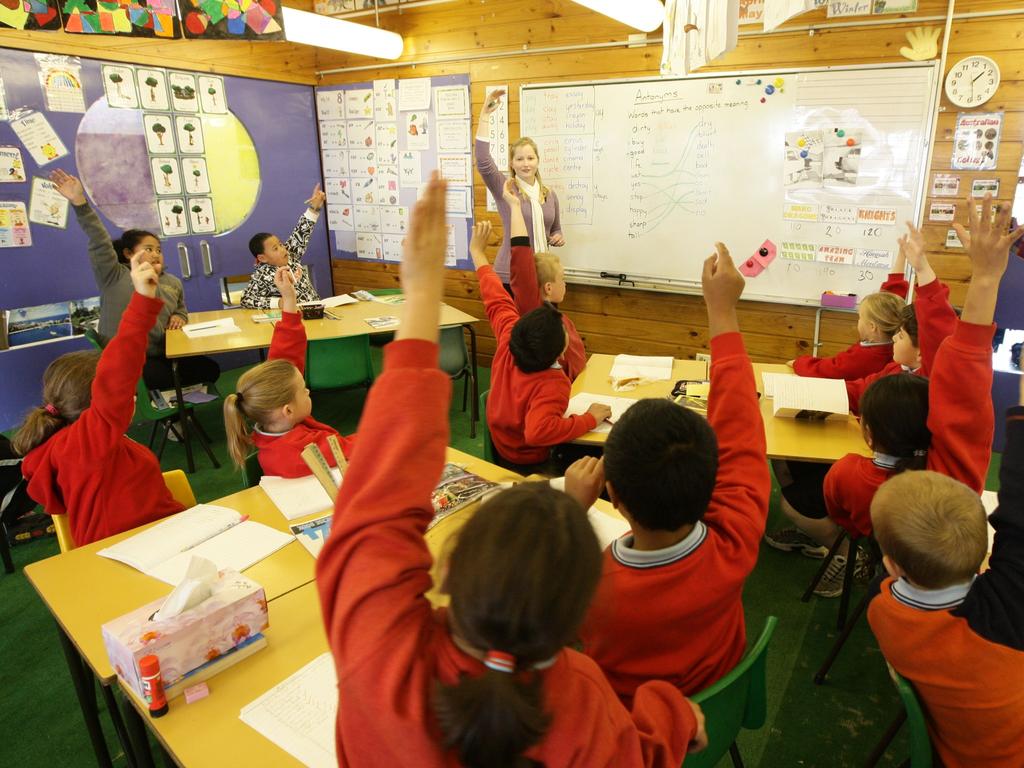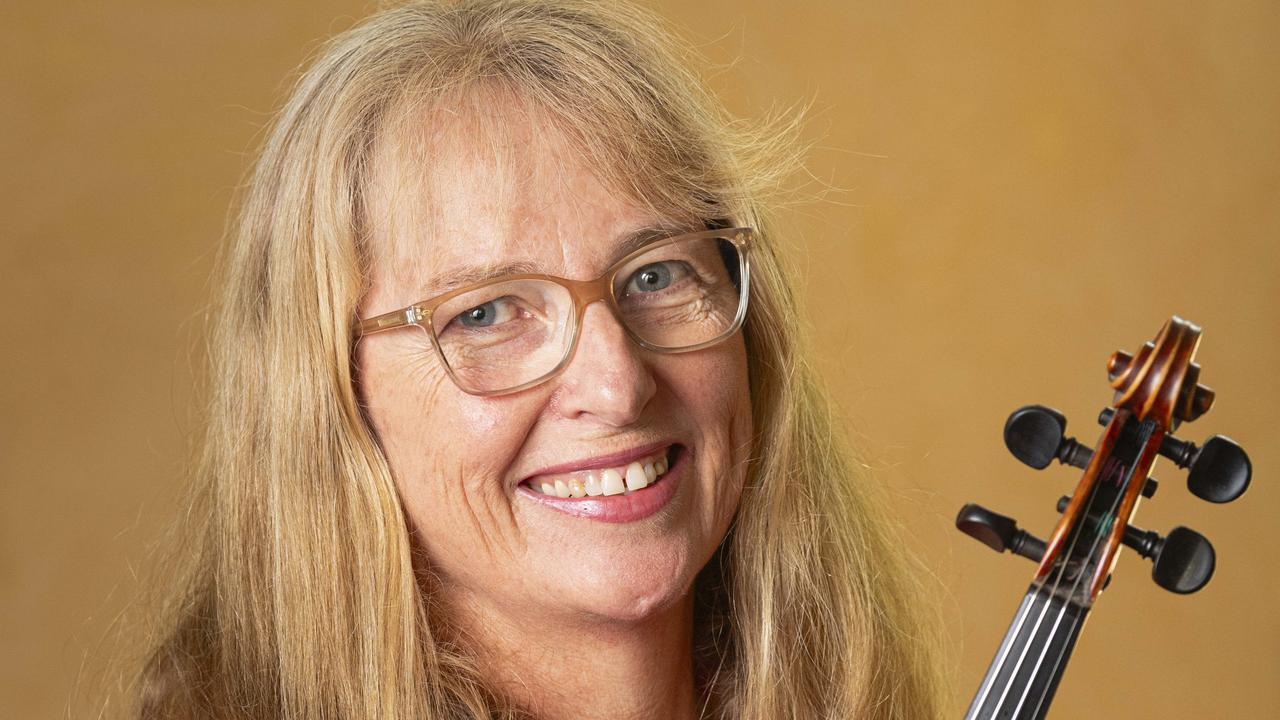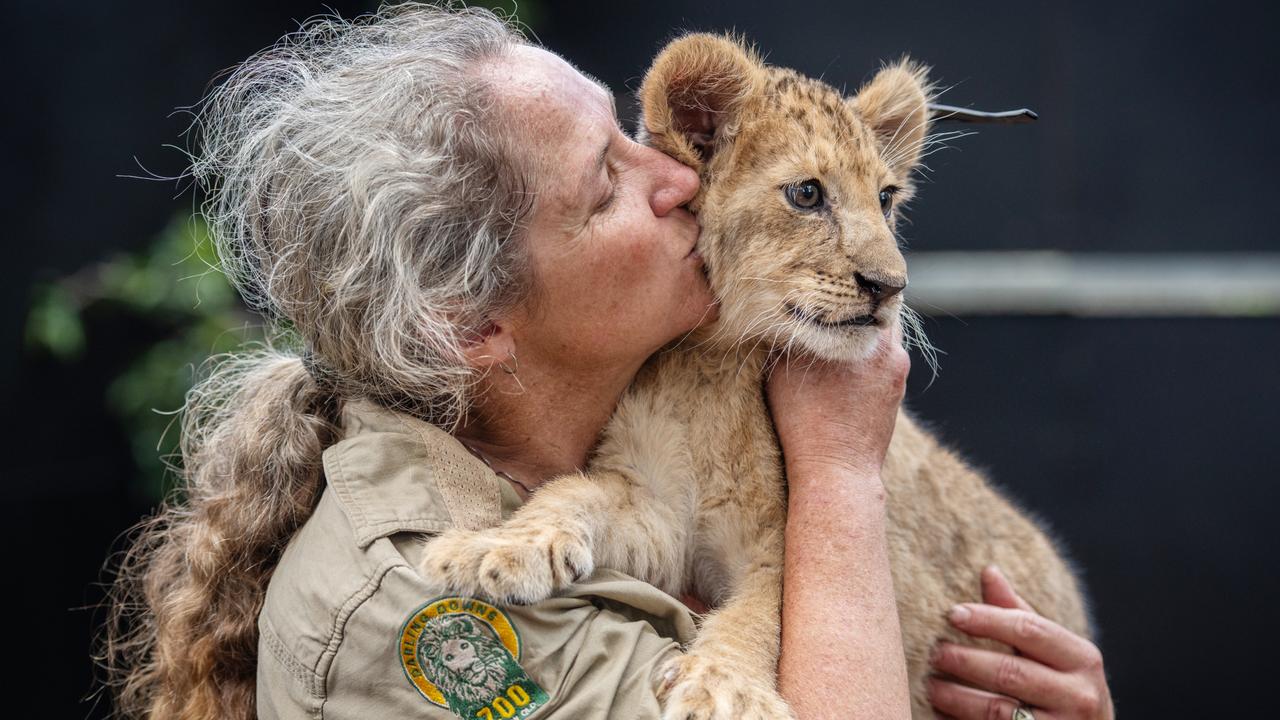Department of Education data reveals decline in first year teachers across Darling Downs, South West
New state government data has revealed that across the Darling Downs and South West region, the number of first year teachers has almost halved in just two years. DETAILS HERE.

Education
Don't miss out on the headlines from Education. Followed categories will be added to My News.
State government data has revealed the stark decline of first-year teachers taking up regional and remote positions in the Darling Downs and South West, with the number halving in just two years.
Adding to the problem, an education expert reveals that cost of living pressures are a major contributor to the decline in numbers.
The data shows rural and remote communities are baring the brunt of the shortage.
While the number of first-year teacher aides in the Darling Downs and South West has improved slightly, the data shows a decline is still being felt.
Only 100 first-year teachers have taken up positions in schools in the Darling Downs and South West this year.
A major drop from 2021 which saw 231 first-year teachers appointed positions in schools within the region.
To put the sting felt across the region into perspective, between the South East, South and North Metro areas 1495 first-year teachers were appointed across schools in those regions this year.
The combination of schools Central Queensland, North and Far North, North Coast, and Darling Downs South West who had first-year teachers appointed this year was equal to 777.
Education experts have suggested the length of teaching degrees and reduction of Queensland state schools hosting university students for placement another key factor in the overall decline.
University of Southern Queensland Head of Education Associate Professor Peter Cook said between 25 to 30 per cent of their student placements each year are taken in regional, rural and remote schools.
“(I think) the real answer is making sure that pre-service teachers have exposure to rural and remote settings, because that actually means they are more likely to engage with those sorts of opportunities as first-year teachers,” he said.

Associate Professor Cook said the school of education had previously completed a project which saw students who completed regional, rural or remote placements were 98 per cent more likely to express interest in teaching at those schools.
In the past two years UniSQ’s school of education has placed 932 students in placements within regional, rural and remote schools.
Although there’s an abundance of scholarships and state government financial incentives for rural and remote teachers, Associate Professor Cook said the rising cost of living was driving students away from those areas.
Also, student teachers don’t get paid for the hundreds of placement hours they’re required to complete.
“If there was anything we could say to the powers that be would be to find additional funding to help get pre-service teachers on placement in those areas,” he said.
Associate Professor Cook said the complete lifestyle change of teaching in rural or remote areas was another mitigating factor deterring first-year teachers.
To help alleviate the region’s teacher shortage UniSQ’s school of education has adapted major changed to its academic calendar making it possible for students to complete their degree in only three years.
“There has been a brand new flexible academic calendar, which has meant students can pretty much study a four-year degree in about three years,” he said.
“It’s part of our strategy within the school of education here to not just alert students, but to encourage them to actually have hose sort of diverse experiences within their professional career.

“Ultimately we want them to have experienced as many different things as they can and what we always push, because we know it to be true is the benefits of actually being part of the community.”
The exposure to rural and remote teaching allows students to widen their understanding of education and provides insight into the ways education is taught in smaller communities.
“We see that parents are much more involved (in those schools) and there’s a really strong connection in the community, be it through other services, sporting teams and all those sorts of things,” he said.
Associate Professor Cook said many of UniSQ’s teaching students who come from rural and remote areas are more likely to return to those communities upon their graduation.
UniSQ is currently the only university in Queensland who offers both Trade to Teach and Turn to Teach internships, worth $40m in state government funding.
Additional grants, teaching scholarships and pathways for year 12 graduates, teacher aides, Aboriginal and Torres Strait Islander people, as well as pre-service teachers in regional, rural and remote locations have seen a boost from Education Queensland.
A Department of Education spokesperson said efforts would continue to be prioritised to source retention initiatives, noting the department is well-placed to respond to current and forecasted demand for teachers.








